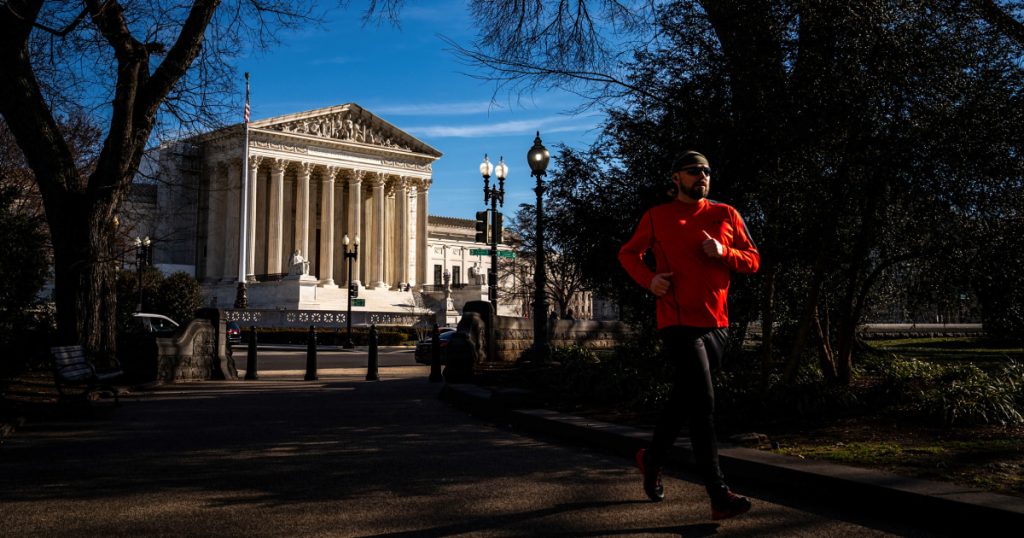The Supreme Court has allowed Idaho to enforce its ban on gender-affirming care for transgender youth while legal battles over the law proceed. The law, which subjects physicians to up to 10 years in prison for providing gender-affirming care to individuals under age 18, was blocked by a federal judge but has now been allowed to go into effect. The court’s decision was split, with the three liberal justices in favor of keeping the law on hold. Opponents of the law fear it will increase suicide rates among transgender teens, while supporters argue it is necessary to protect children from certain medical treatments.
Gender-affirming care for youth is endorsed by major medical organizations, including the American Medical Association, the American Academy of Pediatrics, and the American Psychiatric Association. Medical professionals define gender dysphoria as severe psychological distress experienced by those whose gender identity differs from their sex assigned at birth. Despite claims that the law is necessary to prevent gender-affirming surgeries on transgender youth in Idaho, there is little evidence to suggest this is a common practice. The Supreme Court’s decision comes as similar laws in other states face legal challenges, with at least 23 states enacting legislation restricting or banning gender-affirming medical care for transgender minors.
The plaintiffs in the Idaho case, two transgender teens identified under pseudonyms in court papers, will still be able to obtain care despite the law being allowed to take effect. The decision by the Supreme Court to reverse the lower court’s block on the law is likely to have far-reaching implications for the treatment of transgender youth in the state. There is concern among advocates that restricting access to gender-affirming care could have negative impacts on the mental health and well-being of transgender minors. The legality and ethics of legislation that limits healthcare options for vulnerable populations, such as transgender youth, are subjects of ongoing debate and legal challenges.
As the Supreme Court allows Idaho to enforce its ban on gender-affirming care for transgender youth, other states, including Kentucky and Tennessee, are facing similar legal battles over bans on such treatments. The appeals court has permitted bans in those states to be enforced during ongoing legal disputes. With the majority of states facing lawsuits over laws restricting gender-affirming care for transgender minors, the legal landscape surrounding this issue is complex and evolving. Federal judges have struck down bans in some states as unconstitutional, while others remain in effect pending further legal action.
The laws restricting or banning gender-affirming medical care for transgender minors have been enacted in numerous states across the country, including Alabama, Arizona, Florida, Georgia, Indiana, Iowa, Louisiana, Mississippi, Missouri, Nebraska, North Carolina, North Dakota, Ohio, Oklahoma, South Dakota, Texas, Utah, and West Virginia. Both advocacy groups and medical organizations have been vocal in their opposition to these laws, citing concerns about the impact on transgender youth’s mental health and well-being. The debate over the rights of transgender individuals to access appropriate healthcare, including gender-affirming treatments, is a contentious and ongoing issue in the United States.
The Supreme Court’s decision to allow Idaho’s ban on gender-affirming care for transgender youth to go into effect highlights the complex legal challenges facing the transgender community. With multiple states enacting laws restricting access to gender-affirming medical treatments for minors, the rights of transgender youth to receive appropriate healthcare are under threat. Advocates and medical professionals continue to push back against these laws, arguing that they are discriminatory and harmful to a vulnerable population. The legal battles over these laws are likely to continue, with the Supreme Court potentially playing a significant role in determining their constitutionality and the impact on transgender individuals’ rights.


